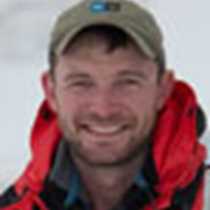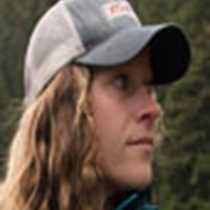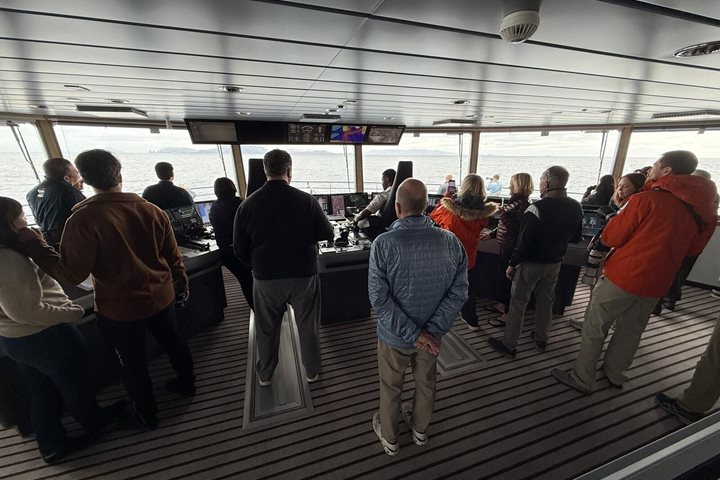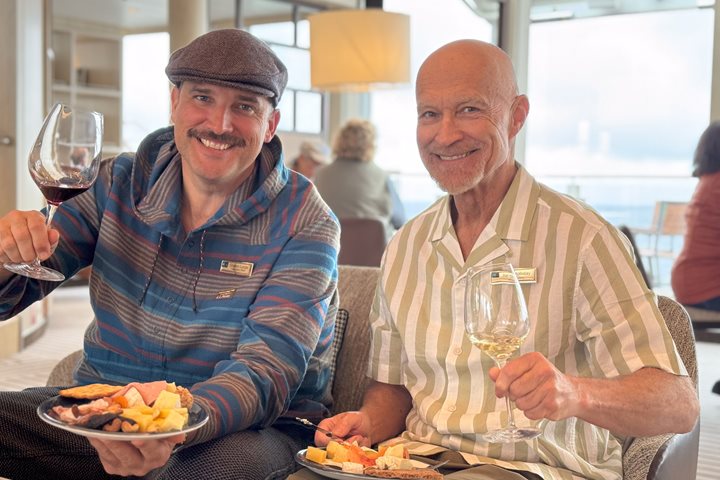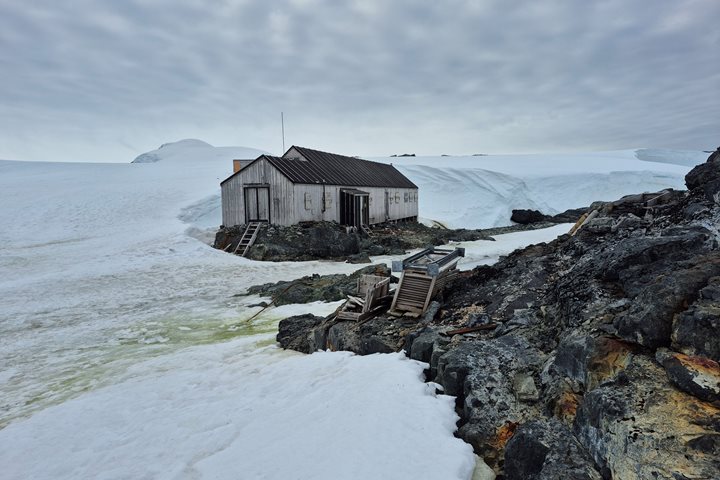Tuesday morning the guests aboard the National Geographic Explorer awoke to moderate seas and vast horizons. Drake’s passage is a notorious section of the world’s oceans, as it spans a particularly rough gap. The crossing is the necessary pilgrimage that everyone must make if they choose to visit the white continent.
The morning started off with a very lucky sighting from the bridge – fin whales just off the bow. Fin whales are the second largest whale species, coming in just behind blue whales at number one. This title also gives them reign as the second largest animal species on the planet. The abundance of wildlife in the Southern Ocean is directly related to the productivity in these waters. The frigid sea provides a catalyst for life, rather than the opposite. Much organic material, which provides nutrients for the ecosystem, will sink to the bottom where colder water sits. Because heat rises, most oceans have a thermocline where warmer water meets colder water, and this thermocline is a strong barrier that cannot be crossed by the chilly under layer. In the Southern Ocean, home to Antarctica, all water is cold. This feature allows mixing and upwelling, bringing the precious nutrients to the surface where it can be utilized by animals throughout the water column. The plankton community thrives on this nutritional soup, and blossoms. Whales, including the fin whales we saw today, feed heartily on this current driven community to grow and prosper. To see these animals in their natural environment, feeding on the community only this ocean can supply in such volume, was certainly a treat. While in conditions like the Drake Passage, however, it is impossible to stop the ship and whale watch, so the vessel continued moving on towards our destination of Ushuaia.
Throughout the day the expedition team gave informative lectures, including a talk by our Global Perspective Guest Speaker, Mike Libecki. Mike is 2016’s Explorer of the Year, having traveled and climbed in incredible and dangerous places around the world.
After an evening’s recap supplemented by sushi and drinks, and a delicious dinner to match, Historian and naturalist Dierdre Mitchell offered her insight to life on South Georgia, the sub-Antarctic island she inhabited for seven months as a research biologist.



